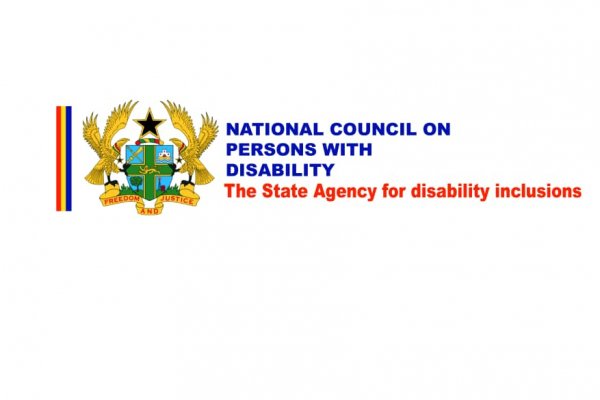The National Council on Persons With Disability (NCPWD) is currently in the process of adopting a DVLA policy for training and testing drivers with disabilities.
It is also considering the National Risk Disaster Management Guidelines.
DVLA’s Disability Training and Licensing Policy will, among other things, spell out suitable interventions to address the needs of Persons living with different forms of disability.
Ms Esther Akua Gyamfi, Executive Secretary of NCPWD, said Ghana’s ratification of the United Nations Convention on the Rights of Persons with Disabilities (UN CRPD) has produced results.
Ms Gyamfi made this known at the opening of a three-day Regional Coordination Meeting and Training of Experts of Disability Inclusion in West Africa in Accra.
The Meeting will serve as a framework to build capacity of focal points for the inclusion of persons with disabilities, on reporting requirements of the 2006 United Nations Convention on the Rights of Persons with Disabilities (CRPD).
It will equally sensitise the Region’s focal points on the importance of the Protocol of the African Charter on Human and Peoples Rights relating to the rights of Persons with Disabilities (AfChHPR-PWDs).
At the end of the Accra meeting, the experts from ECOWAS Member States will draw up a framework on the appropriate means to enable several Member States to ratify the Protocol of AfChHPR-PWDs.
To date, only three of the fifteen Member States have ratified the Protocol.
She said some of the results include the development of some local policies such as Ghana Accessibility Standards for the Built Environment, Framework and Strategies for Mainstreaming Disability in Metropolitan, Municipal and District Assemblies.
The rest are Inclusive Education policy and Guidelines for the Management and Disbursement of the District Assembly Common Fund for Persons with Disability.
Mr Baba Gana Wakil, Representative of the ECOWAS President to Ghana, said the ECOWAS Commission had put together the meeting to build the capacity of government focal points on reporting requirements on the UN Convention on the Rights of PWDs.
Mr Wakil said the meeting would also focus on raising awareness on the African Union Disability Protocol, which was thought to speak to disability inclusion issues from the African perspective but to be embraced by many African countries, including ECOWAS Member States.
“Currently, only three ECOWAS Member States namely Mali, Burkina Faso and Togo have signed the Protocol while only Mali has signed and ratified it,” he added.
He said that was unacceptable but encouraged Member States to come together to contribute to the achievements of “a fully integrated community of peoples in a peaceful, prosperous region with strong institutions and respect for fundamental freedoms and working towards inclusive and sustainable development.”
Ms Charlotte Campo, Representative from the Office of the High Commissioner for Human Rights (OHCHR), said, “we need to redouble our efforts and collectively mobilise to make sure during the COVID-19 response and recovery phases, we do not leave persons with disabilities behind.
“We also should make sure they are at the center of all actions and policies, and to prioritise those with
disabilities in all post COVID settings and beyond,” she added.
She said, as far as OHCHR was concerned, actions related to promoting rights and well-being of PWDs in line with the Regional Action Plan on Disability Inclusion would be planned.
“We consider this report to be part of ECOWAS’s ownership on the topic we are looking for, to support and assist member states in this regard,” she added.
Ms Campo called on ECOWAS to consider establishing an institutionalised partnership with OHCHR, aimed at promoting rights and well-being of PWDs in all spheres of society and development.
Mr Cessouma Minata, AU Commissioner for Health, Humanitarian Affairs and Social Development, said the AU Commission recognised that PWDs were often amongst the poorest in communities and were likely to experience vulnerability and stigma.
She said the AU report on Implementation of the continental Plan of Action of the African Disability Decade 2010-2019 showed that PWDs experience human rights violations and social exclusion within their spheres.
” Women and girls with disabilities face the great risk of violence, exploitation, neglect, and abuse, yet no effective measures have been taken to ensure that PWDs may exercise their rights on an equal basis with others,” she said.
Ms Minata said, “there is high demand for disability awareness raising and trust building to promote positive messages and communication to facilitate change of attitudes and foster inclusion.
“We must also join hands to have a regional mobilisation and solidarity in response to protection of the rights of PWDs,” she said.

